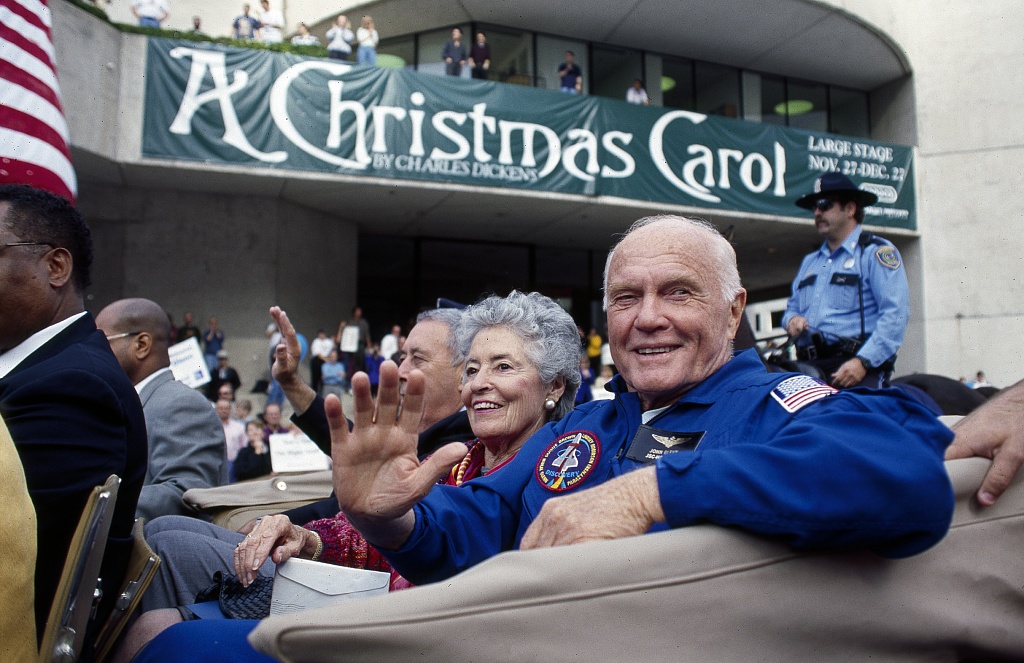Sign up for the Family Tree Newsletter Plus, you’ll receive our 10 Essential Genealogy Research Forms PDF as a special thank you!
Get Your Free Genealogy Forms
"*" indicates required fields
It was a sin to throw anything away. That lesson, practiced by my parents and drummed into my head during the Depression, produced over the years an accumulation of artifacts, mementos, records, files and documents. There were the minutes of the club that friends and I formed when we were boys, the script of my senior class play with my part underlined, old ticket stubs and menus, programs and souvenir brochures, laboriously typed school and college reports and photographs, lots and lots of photographs. My marriage to Annie brought more memorabilia, and when I went away to World War II, and later to Korea, letters, orders and many more photographs took their places in the mix. By then we had our children, Dave and Lyn, so there were still more letters, photographs and records, as well as souvenirs of war and remembrances from overseas. I hung up my uniforms and flight suits and they joined the array. Flying as a test pilot added a sprinkle of newspaper clippings to the collection. Project Mercury turned the sprinkle into a flood; now there were letters, paintings, plaques, medallions, voluminous training and debriefing records and still more photographs. Years in the US Senate added their share.
It was a great pile of stuff, and it grew and spread from attic to attic and garage to garage, and finally sprawled over the better part of an entire floor of our house outside Washington, DC.
People said, “You have to get it organized.” I looked at it all and thought, “Life’s too short.” I was more interested in doing new things than in looking back over what Annie and I had already done.
Then our grandsons began asking questions about the lives we had led, and the telling kept calling for some illustration from among the accumulated piles of stuff. The disorganized piles were unrevealing. But for the first time the thought was there. And slowly, through the efforts of a small, heroic band, a semblance of order began to emerge. Motivation followed. I made notes on a tape recorder and sat with an oral historian as he conducted interviews.
At first the purpose was simply to provide the basis for a history our family could share among ourselves. My life had been covered well enough, I thought, and I had already had all the attention anyone could expect or want in several lifetimes. I never planned to write a book.
But the surprising and sustained attention that came with the announcement in January 1998 that I would return to space at age 77 encouraged me to change my mind. Old people and young seemed to be caught up in the idea of it, some thinking of their gramps in space, others of themselves, still others recalling the nationwide bonding that the early space shots had evoked nearly 40 years before. People began asking about the book I never intended to write.
ADVERTISEMENT


